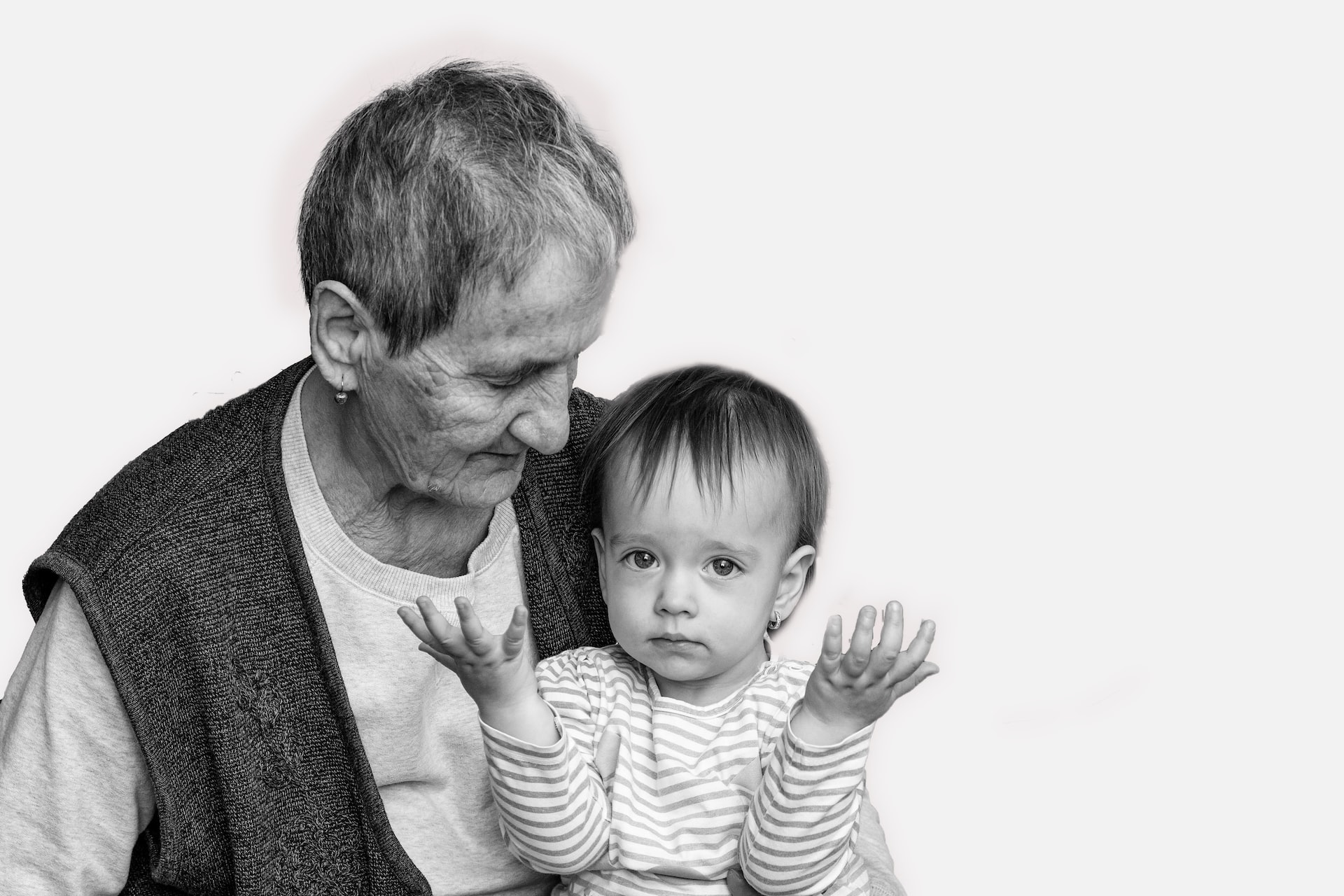The pandemic makes you… old

Two years like ten. So much has the pandemic weighed on our lives, especially those of the under 30s. Here's how our personality has changed according to science
If in 2019 you were 20, today you are more or less 30. Oh yes, because according to a study published in Plos One , two years of pandemic have weighed psychologically as ten, especially on those under 30.
That certain events have an impact on people's lives is quite obvious but an event like the pandemic has touched everyone, not only by changing everyone's daily life but also by causing changes in our personality traits.
Here's what the study found.
I STUDY
The study , building on previous evaluations of another research, analyzed the personality changes of 7,109 people based on the Big Five theory which, in psychology, is a taxonomy of personality traits.
THE THEORY OF BIG FIVE
According to the theory , this is divided into five dimensions: neuroticism ( neuroticism ) and emotional stability; extraversion ( extraversion ) and introversion; openness ( openness ) and mental closure; agreeableness and unpleasantness; conscientiousness and neglect.
The study compared responses recorded between early 2020 and 2021-2022 and those prior to the pandemic.
THE RESULTS
Neuroticism, we read on Plos One , compared to pre-pandemic levels "has decreased very little in 2020" and there have been no changes in the other four traits. Even when personality was measured in 2021-2022, no significant changes were noted in neuroticism from pre-pandemic levels, however, there were instead "small significant dips in extroversion, openness, agreeableness and conscientiousness".
"The changes due to Covid – says the research – were about a tenth of a standard deviation, which is equivalent to a decade of evolution of one's personality".
MOST HIT: THE UNDER 30
While the over 65s did not experience statistically significant changes and adults between the ages of 30 and 64 reported changes, it is the "younger" adults, that is, under 30, who "have considerably shown an alteration in maturity", characterized from greater neuroticism and less agreeableness and conscientiousness.
"We still don't know if these changes are temporary or lasting, but if they persist they could have long-term implications," said Angelina Sutin , lead author of the study and a professor in the Department of Behavioral Sciences and Social Medicine at Florida State University College of Medicine.
"Neuroticism and conscientiousness predict mental and physical health, as well as relationships and school and work outcomes, and changes observed in these traits could increase the risk of worse outcomes," he said.
INTERRUPTED MATURITY
The 'new' personality traits in younger people emerged in the final stages of the pandemic, and Sutin speculated that they may have changed as public sentiment about the pandemic changes.
"The first year [of the pandemic] there was a real rapprochement – he told NPR – but in the second, with the loss of all that support and then the open hostility and social upheaval around the restrictions … all the collective goodwill we had, we lost it, and this could have been very significant for the personality ”.
Joshua Jackson, professor of psychology at Washington University in St. Louis, also agrees, according to which the reason would be that “younger individuals have fewer resources, are less consolidated in their social context, in work and in friends therefore, in in the event of an outage, it is they who have fewer resources to weather the storm ”.
This is a machine translation from Italian language of a post published on Start Magazine at the URL https://www.startmag.it/sanita/la-pandemia-ti-fa-vecchio/ on Fri, 28 Oct 2022 05:54:49 +0000.
